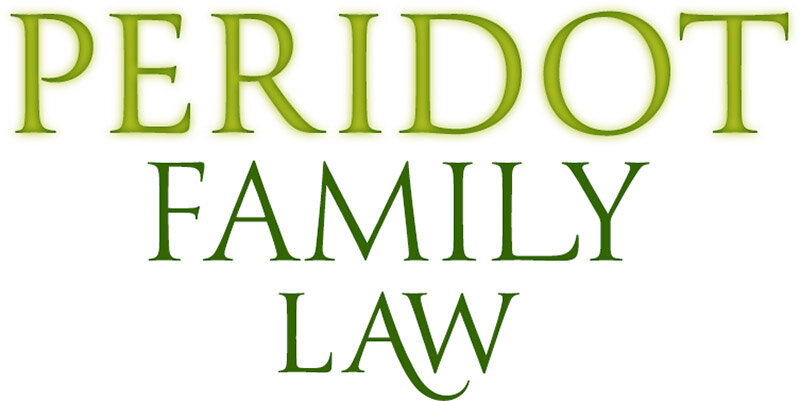American Family Life Assur. Co. of Columbus v. Parker, 488 Mass. 801 (2022)
PROPERTY DIVISION
A case in which the Massachusetts Supreme Judicial Court held that an ex-wife could not be the beneficiary under her deceased ex-husband’s life insurance policy.
In American Family Life Assur. Co. of Columbus v. Parker, the Husband purchased a life insurance policy naming his then wife as the primary beneficiary and his mother as the sole alternative beneficiary. The Husband and Wife divorced and several years later the Husband passed away. The policy did not mention the effect of a divorce on the Husband’s beneficiary designation. The Wife argued that the Husband’s life insurance policy should be designated to her despite his passing after their divorce. See American, 488 Mass. 801, 802, 178 N.E.3d 859, 861 (2022). According to the Wife, the Husband lost his job shortly after taking out the policy and she began paying the premiums out of her “sole account” at his direction. The parties divorced in 2016 and did so Pro-Se. The agreement was silent regarding life insurance. The Husband instructed the Wife to continue to make payments on the policy, which she did. The Husband died in 2018 and the Wife filed a “Proof of Death” with the insurer. The insurer denied the claim. The insurer filed an action in 2019 asking the Court to decide the matter.
The Wife argued that Section 2-804(b) of the Massachusetts Uniform Probate Code did not cover life-insurance policies or beneficiary designations and that she should be able to recover. However, the Court held this was incorrect because of the plain language found in Section 2-804(b), which states that life-insurance and beneficiary designations are included. American, 488 Mass. 801, 806, 178 N.E.3d 859, 864 (2022).
The Supreme Judicial Court found that Section 2-804 of the Massachusetts Probate Code does apply retroactively to revocable appointments of property made to a former spouse, and that this section of the code was created partially to protect individuals who entered into beneficiary programs while married and later become divorced, specifically when they forgot, or were unaware of the requirements of Section 2-804 to modify the their beneficiaries.
The SJC held that because the parties’ separation agreement states in unequivocal terms that, “The parties have included in this Agreement their entire understanding. No spoken or written statement outside this Agreement was relied on by either party in signing this Agreement.” The Court further stated that, “The Husband and Wife…already divided between themselves all their personal property and they are satisfied that the division was fair” American, 488 Mass. 801 (2022).
There was nothing in the written documents that contractually provided for the Wife to continue as the beneficiary of Husband’s insurance policy. In addition, because Husband and Wife were divorced, their divorce judgment controlled the division of property.
Therefore, the Court held that because Section 2-804 applied retroactively, the Wife was not entitled to the beneficiary designation as she was unable to show that the insurance policy expressly provided that such designation would survive divorce. American, 488 Mass. 801, 814, 178 N.E.3d 859, 870 (2022).

